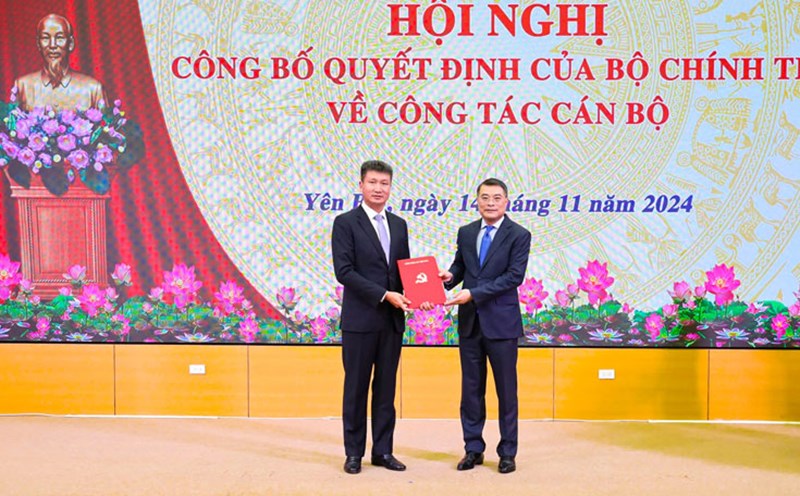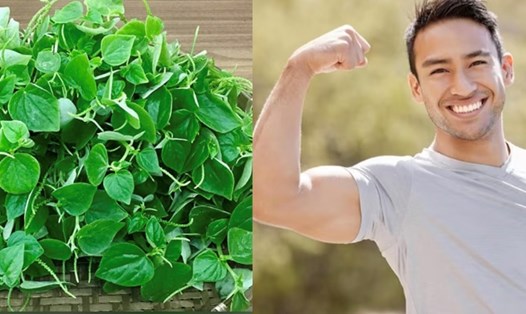On the afternoon of November 6, the Ministry of Health held a press conference to inform about the 2nd National Fair of Medicinal Herbs, Traditional Medicine and Medicinal Products in 2024.
Mr. Nguyen The Thinh, Director of the Department of Traditional Medicine Management (Ministry of Health) said: Vietnam has a large source of medicinal herbs with about 5,000 species of precious plants that are useful in health care and protection. The whole country has formed large medicinal herb growing areas, with precious medicinal plants such as Ngoc Linh ginseng, cinnamon, star anise, cardamom... being consumed strongly.
"Medicinal herbs are not the same as modern medicine, some types cannot be replaced, so Vietnam still has to import many types from foreign countries, especially from China and India," said Mr. Thinh.
According to the Organizing Committee, medicinal herbs are at risk of being counterfeited, so the issue of medicinal herb quality and safety is also a top priority and is also one of the contents of this year's Fair, aiming to provide knowledge to help consumers distinguish between real and fake medicinal herbs and traditional medicines.
The 2nd National Fair of Medicinal Herbs, Traditional Medicine and Medicinal Products gathered 425 booths of more than 300 organizations, enterprises, production and trading establishments of medicinal herbs, traditional medicine, medicinal herb cultivation establishments, smart healthcare, Traditional Medicine Hospitals, Oriental Medicine Associations domestically and internationally...
The new point of this year's fair is to call on medicinal plant growing enterprises and ethnic minorities to participate in the exhibition, aiming to promote traditional medicine as well as effective traditional medicine treatment methods of Vietnam to the world.
According to Mr. Thinh, to bring safe quality medicinal herbs to the market, it is necessary to strictly control their origin.
Currently, the situation of marinating and spraying preservatives on medicinal herbs and oriental medicines sold on the market has caused many users to suffer from liver and kidney failure and have to be hospitalized for emergency treatment, causing outrage in society.
Sharing about this issue, Mr. Nguyen The Thinh affirmed: "Enterprises that are granted GDP (Good Distribution Practice) certificates and official hospitals never spray, marinate, or use preservatives in medicinal herbs and oriental medicines. Only unofficial products, or some "quarantines" can use preservatives, and patients who buy them and use them will encounter unfortunate diseases."
According to Mr. Thinh, the Ministry of Health has issued a circular regulating the conditions for preliminary processing and processing of medicinal herbs; the Department of Traditional Medicine Management regularly sends documents to local Departments of Health requesting to strengthen inspections of clinics and traditional medicine establishments; when detecting cases of medicinal herbs and oriental medicines of unknown origin, there will be sanctions to strictly punish them in order to control this situation.











